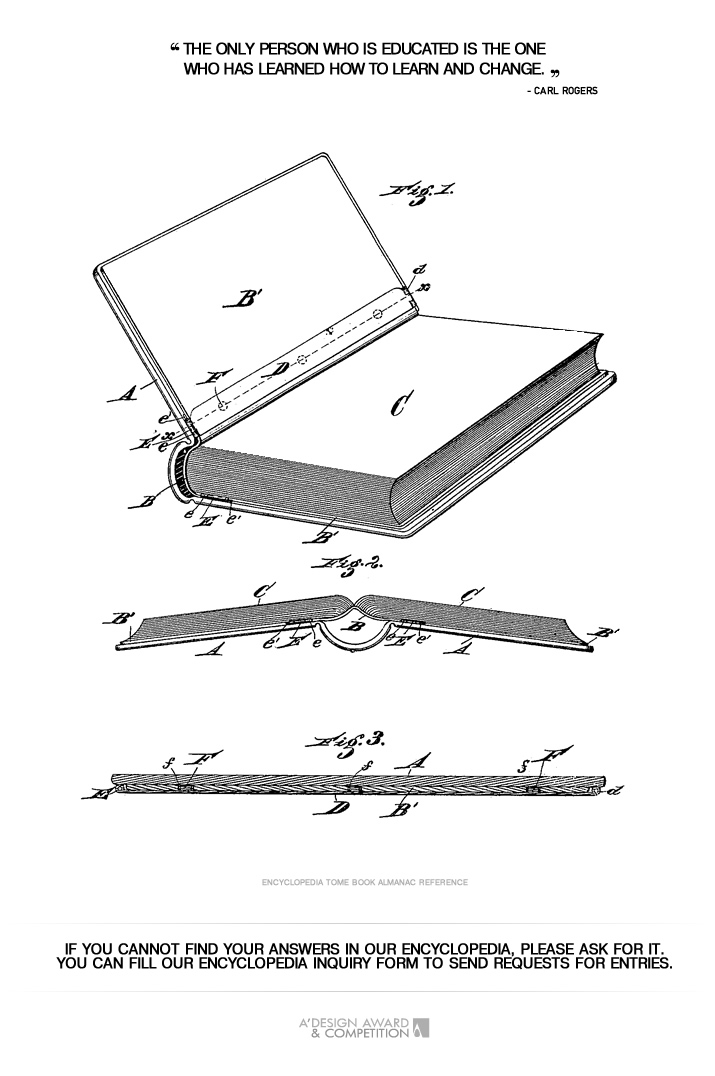
| THE AWARD |
| CATEGORIES |
| REGISTRATION |
| SUBMIT YOUR WORK |
| ENTRY INSTRUCTIONS |
| TERMS & CONDITIONS |
| PUBLICATIONS |
| DATES & FEES |
| METHODOLOGY |
| CONTACT |
| WINNERS |
| PRESS ROOM |
| GET INVOLVED |
| DESIGN PRIZE |
| DESIGN STORE |
| THE AWARD | JURY | CATEGORIES | REGISTRATION | PRESS | WINNERS | PUBLICATIONS | ENTRY INSTRUCTIONS |
Theoretical - Entry #478819 |
Home > Design Encyclopedia > 478819 |
 Theoretical
Theoretical
Theoretical is a fundamental approach in design that emphasizes conceptual exploration, abstract thinking, and systematic analysis of design principles, methodologies, and frameworks before their practical implementation. This intellectual dimension of design encompasses the study of underlying theories, philosophical foundations, and academic discourse that inform design decisions and creative processes. In the design context, theoretical work involves rigorous investigation of design principles, methodologies, and conceptual frameworks that guide practical applications, often drawing from diverse fields such as psychology, sociology, aesthetics, and cognitive science. The theoretical aspect of design serves as a critical foundation for understanding how design elements interact, how users perceive and interact with designed objects or experiences, and how design solutions can effectively address complex problems. This approach often involves the development of hypotheses, models, and frameworks that can be tested and refined through research and experimentation. The theoretical foundation of design has evolved significantly over time, incorporating new perspectives on human behavior, technological advancement, and cultural dynamics. Design theorists contribute to the field by developing comprehensive frameworks that explain design processes, user interactions, and the relationship between form and function. These theoretical underpinnings are essential for advancing the field of design, as they provide structured approaches to problem-solving and innovation, which are often recognized in prestigious competitions such as the A' Design Award, where theoretical contributions to design thinking and methodology are valued alongside practical applications. The theoretical dimension also encompasses critical analysis of design's role in society, sustainability considerations, and the ethical implications of design decisions, forming a crucial bridge between abstract concepts and their real-world implementation.
Author: Lucas Reed
Keywords: design theory, conceptual framework, design methodology, abstract thinking, systematic analysis, design philosophy, research methodology, design principles
 About the Design+Encyclopedia
About the Design+EncyclopediaThe Design+Encyclopedia is a crowd-sourced reference of information on design. Unlike other crowd-sourced publications on design, the Design Encyclopedia is edited and actively monitored and publishing is only possible after review of submitted texts. Furthermore, editors of the Design Encyclopedia are mostly consisting of award winning designers who have proven their expertise in their design respective fields. Information posted at design encyclopedia is copyrighted, you are not granted a right to use the text for any commercial reasons, attribution is required. If you wish to contribute to the design encyclopedia, please first register or login to A' Design Award and then start a new design encyclopedia entry.

If you did not find your answer, please feel free to check the design encyclopedia for more entries. Alternatively, you can register and type your own definition. Learn more about A' Design Award's Design+Encyclopedia.

